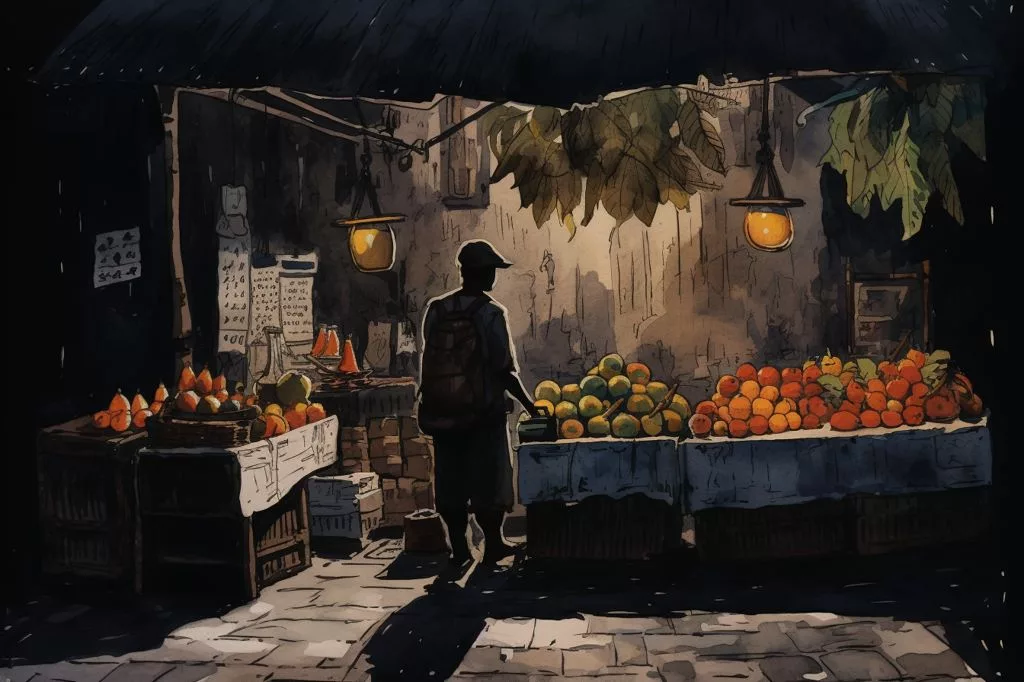The City of Cape Town’s Water and Sanitation Directorate is conducting maintenance activities in various areas to ensure the sustainable functioning of water supply systems amidst urban growth. Zero-pressure Testing and conditional assessments are critical for evaluating the effectiveness of installed pressure management systems, while pipe and valve installations, repairs, and replacements are necessary for proactive infrastructure management. Residents may experience temporary water supply disruptions, but the Directorate strives to perform tasks at times least disruptive to residents. Residents should prepare ahead of time and store sufficient water in clean, sealed containers to reduce inconvenience caused by these necessary maintenance operations.
Maintaining the City’s Water Supply Infrastructure Amidst Urban Growth
With the continuous expansion of urban centers, the upkeep of water supply infrastructure is more essential than ever. The City’s Water and Sanitation Directorate recently unveiled a series of planned works aimed at guaranteeing the effective and sustainable functioning of water supply systems. This article will explore the specifics of these maintenance projects, their impact on residents, and how to be prepared for potential disruptions.
Between the 9th and 13th of October, the Water and Sanitation Directorate will perform various maintenance tasks in multiple city areas. Although these operations might cause temporary water supply disruptions, they are vital for the long-term health of the city’s water infrastructure.
Key Maintenance Activities and Their Effects on Residents
One of the primary maintenance tasks occurring during this time is Zero-pressure Testing (ZPT) and conditional assessments. The areas affected by these tests are Plumstead and Wynberg; Die Wingerd, Greenway Rise, Stuart’s Hill, and Martinville in Bizweni-Somerset West; Table View, Flamingo Vlei, and Bloubergstrand; and Sunningdale and Bloubergstrand. These tests are critical for evaluating the effectiveness of installed pressure management systems and pinpointing any unmapped inflows requiring attention before putting in smart pressure-reducing valves.
Residents living in the affected areas may experience low water pressure or even a temporary loss of water supply during the overnight testing window. However, determining the exact locations of these disruptions is a challenge.
In addition to ZPT, the maintenance plan also comprises pipe and valve installations, repairs, and replacements. Some of the significant projects include the shutdown of the Steenbras Water Treatment Plant, the installation of a 450mm diameter valve in Site B – Nonkqubela area (Khayelitsha), the shutdown of the Molteno Reservoir, and maintenance activities in Mowbray, Rondebosch, and Scarborough.
These maintenance operations are integral to the City’s proactive infrastructure management and upgrade program, tackling the problem of unaccounted-for water and ensuring the ongoing continuity of water supply.
Preparing for Disruptions and Mitigating Inconvenience
As larger-scale planned water supply disruptions can be inconvenient, the Water and Sanitation Directorate strives to perform the tasks at times least disruptive to residents. However, it is crucial to note that construction sites are off-limits to the public, and the duration of work may vary due to unforeseen circumstances.
Following the restoration of water supply, residents may notice discolored or cloudy water. This is a harmless result of trapped air in the pipes, which clears up as the air dissipates. To stay up to date on maintenance work and the location of water tankers, residents can follow the City of Cape Town’s Twitter account: @CityofCTAlerts.
To reduce the inconvenience caused by these necessary maintenance operations, residents should prepare ahead of time. This includes storing sufficient water in clean, sealed containers and keeping taps closed until the water supply is restored. By taking these steps and staying informed about maintenance schedules, city inhabitants can help ensure the seamless execution of these vital infrastructure improvements.
As a thriving city, proactive maintenance of water supply infrastructure is critical for both short-term functionality and long-term sustainability. While it may result in temporary inconveniences, the Water and Sanitation Directorate’s work is an investment in the city’s future. Through understanding, cooperation, and preparedness, residents can play their part in supporting this essential process.
1. What is the City of Cape Town’s Water and Sanitation Directorate conducting?
The City of Cape Town’s Water and Sanitation Directorate is conducting maintenance activities in various areas to ensure the sustainable functioning of water supply systems amidst urban growth.
2. What are Zero-pressure Testing and conditional assessments?
Zero-pressure Testing and conditional assessments are critical for evaluating the effectiveness of installed pressure management systems.
3. What areas will be affected by Zero-pressure Testing and conditional assessments?
The areas affected by these tests are Plumstead and Wynberg; Die Wingerd, Greenway Rise, Stuart’s Hill, and Martinville in Bizweni-Somerset West; Table View, Flamingo Vlei, and Bloubergstrand; and Sunningdale and Bloubergstrand.
4. What are the maintenance activities included in the plan?
The maintenance plan also comprises pipe and valve installations, repairs, and replacements. Some of the significant projects include the shutdown of the Steenbras Water Treatment Plant, the installation of a 450mm diameter valve in Site B – Nonkqubela area (Khayelitsha), the shutdown of the Molteno Reservoir, and maintenance activities in Mowbray, Rondebosch, and Scarborough.
5. How will residents be affected by these maintenance activities?
Residents may experience temporary water supply disruptions, low water pressure, or even a temporary loss of water supply during the overnight testing window.
6. How can residents prepare for disruptions and mitigate inconvenience?
Residents should prepare ahead of time and store sufficient water in clean, sealed containers to reduce inconvenience caused by these necessary maintenance operations. Keep taps closed until the water supply is restored, and follow the City of Cape Town’s Twitter account: @CityofCTAlerts to stay up-to-date on maintenance work and the location of water tankers.
7. What should residents do following the restoration of water supply?
Following the restoration of water supply, residents may notice discolored or cloudy water. This is a harmless result of trapped air in the pipes, which clears up as the air dissipates.
8. Why is proactive maintenance of water supply infrastructure critical?
As a thriving city, proactive maintenance of water supply infrastructure is critical for both short-term functionality and long-term sustainability. The Water and Sanitation Directorate’s work is an investment in the city’s future.








